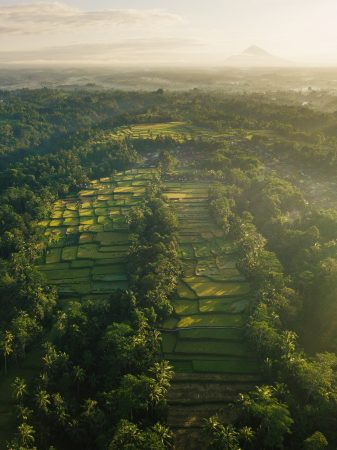Economic and social constraints on reforestation for climate mitigation in Southeast Asia

Zeng et al. 2020
Reforestation will play an important role in mitigating climate change, but some estimates of reforestation potential lack consideration of social and economic constraints. This paper takes the example of Southeast Asia to estimate the extent to which such constraints reduce total mitigation potential from reforestation. 121 million ha of land were identified as biophysically suitable for restoration of terrestrial, freshwater and mangrove forests. However, when financial, land use and operational constraints were factored in, it was found that only 0.3-18% of the climate change mitigation potential may be realisable.
- Financial constraints involved excluding land where reforestation would cost more than US$100 per tonne CO2e, including both direct costs and opportunity costs from forgone farming opportunities. Applying such constraints reduced the area available for reforestation by 50-87%.
- Land-use constraints were estimated by mapping low-density smallholder or subsistence agriculture which would limit reforestation. These constraints reduced the area available for reforestation by 17-36%.
- Factors that compromise the long-term viability of reforested land were called operational constraints, and included deforestation risk (reducing land available by 45%), forest protection status (89% reduction), site proximity to seed sources (73% reduction), and site accessibility for monitoring and management (94% reduction).
These constraints can be ameliorated, but this will require strong government commitment, well-informed policies, and financial support from the private sector. For example, social constraints can be reduced by working with smallholder farmers on reforestation projects, such as agroforestry, which benefit both local people and climate change mitigation. However, some constraints cannot be avoided. Governments should, therefore, use cautious estimates for mitigation from reforestation so as to not be over-reliant on reforestation to meet mitigation targets.
Read the paper here; calculations were made from supplementary information.




